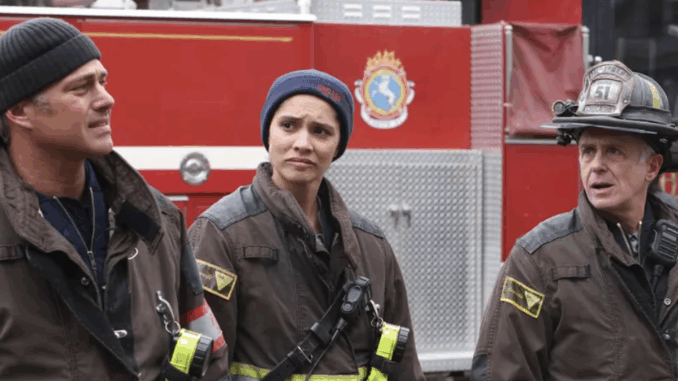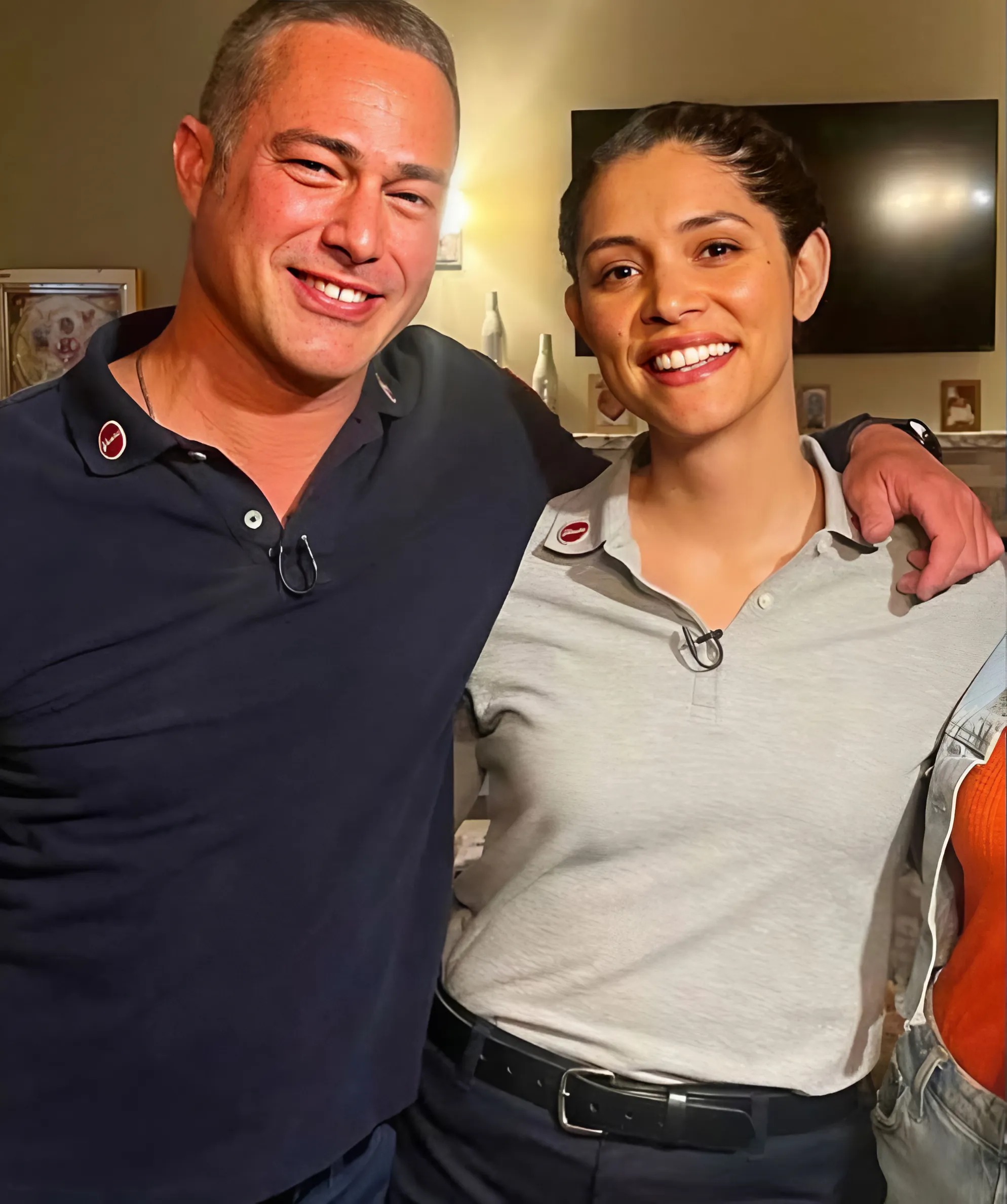
When you talk about Chicago Fire, it’s not just about the massive explosions or the nail-biting rescue scenes. The reason the show has captivated millions for over a decade comes from something much simpler: the deep bond between the members of Firehouse 51.
They share meals together, argue like siblings, then head out to battle infernos side-by-side. They collapse in grief after a loss, only to lift each other back up. This sense of camaraderie isn’t just acting. Many cast members have openly admitted, “We are family both on-screen and off.”
This genuine connection translates directly to the screen, creating characters that viewers deeply invest in. It’s why fans stick around, year after year, through every promotion, every personal crisis, and every heartbreaking farewell.

As one fan perfectly articulated, “I don’t watch Chicago Fire just for the fires. I watch because I want to see Mouch crack a joke, see Boden talk like a father, and see them all live – like an imperfect but loving extended family.” It’s this authentic portrayal of a found family, navigating life’s highs and lows together, that truly makes Chicago Fire resonate as more than just a procedural drama; it’s a testament to the power of human connection.